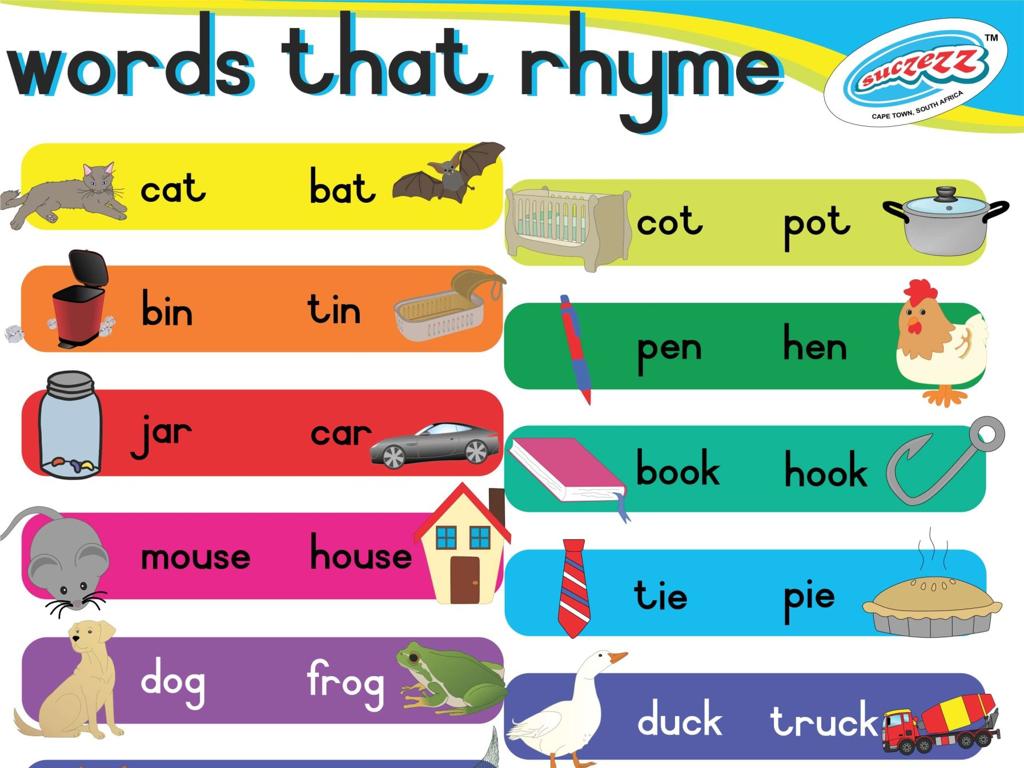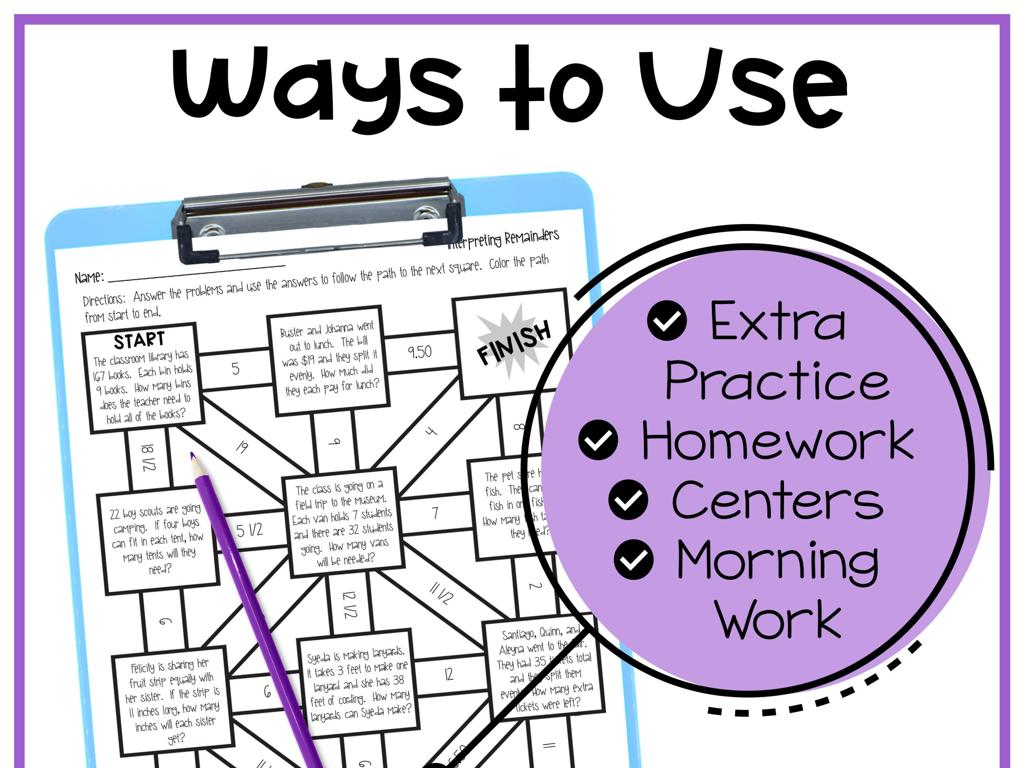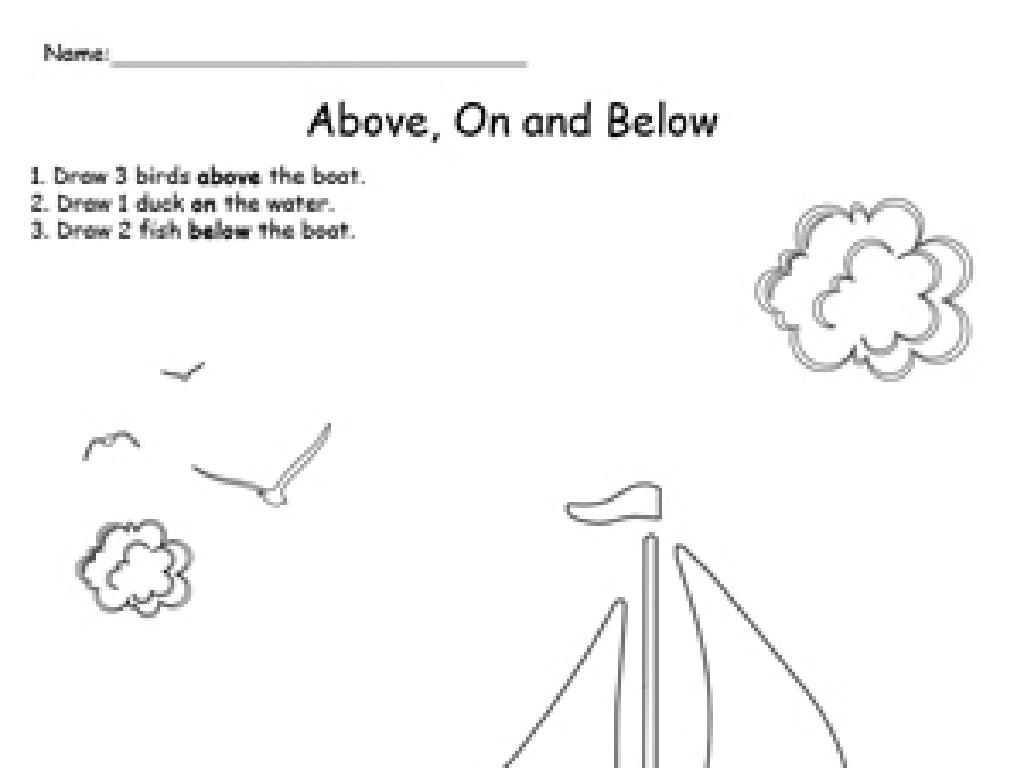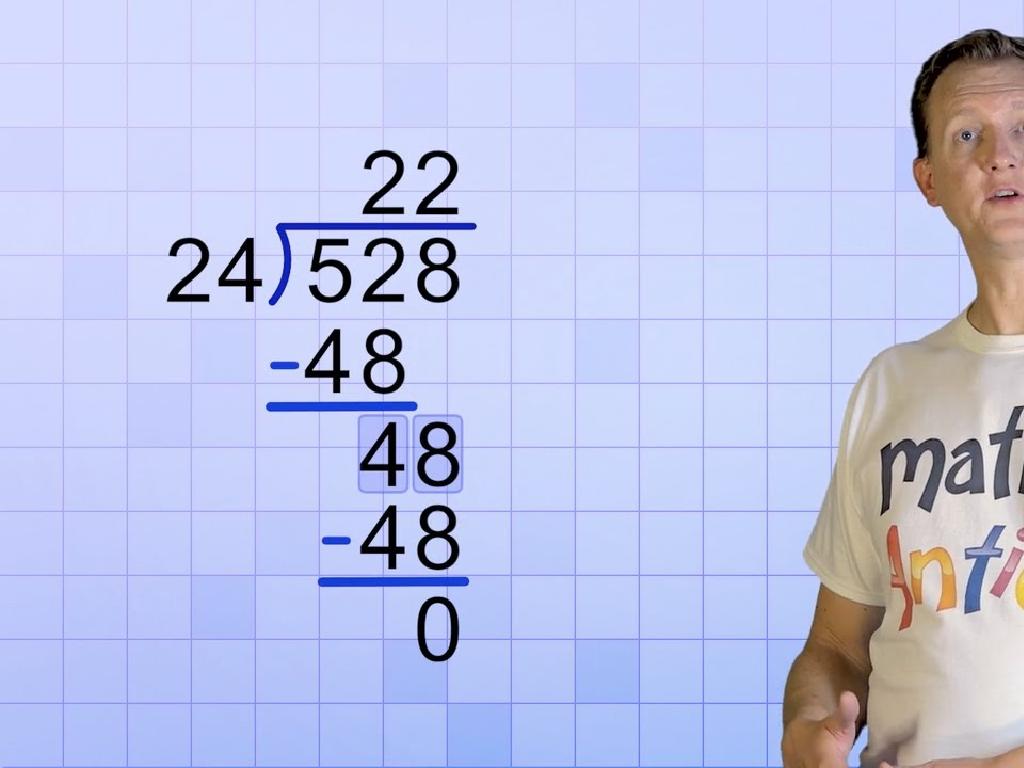Words With Mis-
Subject: Language arts
Grade: Seventh grade
Topic: Prefixes And Suffixes
Please LOG IN to download the presentation. Access is available to registered users only.
View More Content
Exploring the Prefix ‘mis-‘
– Prefixes and suffixes basics
– ‘mis-‘ changes word meaning
– ‘mis-‘ implies wrong/incorrect action
– Examples of ‘mis-‘ words
– ‘misjudge’ means to judge wrongly
– Practice with ‘mis-‘
– Find ‘mis-‘ words in sentences
|
This slide introduces the concept of prefixes and suffixes, focusing on the prefix ‘mis-‘. Begin by explaining that prefixes and suffixes are added to the beginning or end of a word to change its meaning. Emphasize that ‘mis-‘ typically indicates a wrong or incorrect action or judgment. Provide examples like ‘misjudge’, ‘misinform’, or ‘misplace’. Encourage students to think of other ‘mis-‘ words and how they alter the meaning of the root word. For practice, have students create sentences using ‘mis-‘ words or find examples in texts they are reading. This will help them understand the impact of prefixes on word meaning and context.
Understanding Prefixes: The Power of ‘mis-‘
– Define a prefix
– A prefix is a set of letters added to the start of a word.
– Prefix alters word meaning
– For example, ‘happy’ to ‘unhappy’ changes the meaning.
– Common prefixes: ‘un-‘, ‘re-‘, ‘in-‘
– ‘un-‘ means not, ‘re-‘ means again, ‘in-‘ means not or into.
– Focus on ‘mis-‘ prefix
– ‘mis-‘ means wrong or badly, like in ‘misunderstand’.
|
Begin the lesson by defining what a prefix is and how it can completely change the meaning of a word. Provide common examples of prefixes and what they signify, such as ‘un-‘, ‘re-‘, and ‘in-‘. Then, shift the focus to the prefix ‘mis-‘, explaining that it indicates something is done incorrectly or badly. Use examples like ‘misplace’ (to place wrongly) or ‘misjudge’ (to judge wrongly). Encourage students to think of other words with the prefix ‘mis-‘ and discuss how the prefix alters their meanings. This will help students understand how prefixes can be powerful tools in decoding vocabulary.
Exploring ‘mis-‘: Understanding Prefixes
– ‘mis-‘ means ‘wrongly’ or ‘badly’
– Indicates error when added to words
– Example: ‘misplace’ means placed wrongly
– If you ‘misplace’ something, you’ve put it in the wrong spot
– Mis- words often imply mistakes
– ‘Misjudge’ means to judge wrongly, ‘mishear’ to hear incorrectly
|
This slide introduces the prefix ‘mis-‘ and its meaning. Emphasize that ‘mis-‘ changes the meaning of the base word to indicate a mistake or incorrect action. Provide additional examples like ‘misjudge’ or ‘mishear’ to illustrate the concept. Encourage students to think of other words with the prefix ‘mis-‘ and discuss the new meanings. This will help them understand how prefixes can alter word meanings and enhance their vocabulary. Have students create sentences using ‘mis-‘ words to reinforce their understanding.
Exploring ‘mis-‘ Prefix in Words
– ‘Misjudge’ meaning
– To form an incorrect opinion or conclusion
– ‘Mislead’ explanation
– To guide someone incorrectly or deceitfully
– ‘Misunderstand’ defined
– To interpret a message or situation wrongly
– Impact of ‘mis-‘ prefix
|
This slide introduces students to the prefix ‘mis-‘ and its impact on the meaning of words. ‘Mis-‘ typically implies a wrong or incorrect action or interpretation. For example, ‘misjudge’ means to form an incorrect opinion about someone or something, often leading to unfair treatment. ‘Mislead’ involves providing false or misleading information that causes someone to believe something that is not true. ‘Misunderstand’ is when someone doesn’t grasp the intended meaning or concept. It’s important to highlight how adding ‘mis-‘ to a word can change its meaning to something negative or incorrect. Encourage students to think of other examples and discuss how the prefix alters the meanings.
Exploring ‘mis-‘ Prefix in Sentences
– Crafting sentences with ‘mis-‘
– Use ‘mis-‘ words like ‘misplace’ or ‘misjudge’
– Analyzing ‘mis-‘ impact on words
– ‘mis-‘ often implies something is wrong or incorrect
– Class sharing of created sentences
– Share how ‘mis-‘ changes word meaning
– Understanding ‘mis-‘ in context
|
This slide is aimed at helping students understand the prefix ‘mis-‘ and how it alters the meaning of words. Start by explaining that ‘mis-‘ typically gives a negative connotation to the base word, indicating something is incorrect, wrong, or badly done. Encourage students to create their own sentences using words with the ‘mis-‘ prefix, such as ‘misunderstand’ or ‘mislead’. Have them identify how the prefix changes the meaning from the base word. Then, facilitate a session where students can share their sentences with the class, discussing the context in which ‘mis-‘ is used. This activity will enhance their vocabulary and comprehension of prefixes in a collaborative and interactive way.
Activity: Crafting Words with ‘mis-‘
– Pair up and brainstorm root words
– Form new words with ‘mis-‘ prefix
– Examples: ‘misplace’, ‘misjudge’
– Use your new words in sentences
– ‘I misplaced my keys’, ‘He misjudged the distance’
– Get ready to share with the class
|
This activity encourages students to explore the impact of the prefix ‘mis-‘ on root words. In pairs, students will brainstorm various root words that can be prefixed with ‘mis-‘ to create new words. They will then construct sentences using these new words to understand their meanings in context. Afterward, each pair will have the opportunity to share their creations with the class, fostering a collaborative learning environment. As a teacher, facilitate the activity by providing guidance on the meaning of ‘mis-‘ and offering examples if needed. Encourage creativity and ensure that each pair understands the task. Possible activities for different pairs could include creating a short story with ‘mis-‘ words, drawing illustrations to represent their words, or even acting out the meanings of their new words.
Class Activity: ‘Mis-‘ Word Hunt
– Search for ‘mis-‘ prefix words
– Explain meanings of ‘mis-‘ words
– For example, ‘misunderstand’ means to interpret wrongly
– Analyze ‘mis-‘ impact on root words
– ‘Mis-‘ often implies a wrong or incorrect action
– Share findings with the class
|
This activity encourages students to explore the impact of the prefix ‘mis-‘ on root words. Provide various reading materials for students to find ‘mis-‘ words. They should list the words, define them, and analyze how ‘mis-‘ alters the meaning. For instance, ‘misplace’ means to put in the wrong place. ‘Mis-‘ typically suggests an error or negative action. After the hunt, students will share their findings, fostering a collaborative learning environment. This activity will enhance their vocabulary and comprehension of prefixes.
Wrapping Up: The Prefix ‘mis-‘
– Recap on ‘mis-‘ prefix
– ‘Mis-‘ means wrong or badly
– Examples: misbehave, mislead, misplace
– Homework: Craft a short story
– Use at least five ‘mis-‘ words creatively
– Include 5 words with ‘mis-‘
– Share stories in the next class for discussion
|
As we conclude today’s lesson, remind students that the prefix ‘mis-‘ often indicates something is wrong, incorrect, or done badly. For homework, students should write a short story, incorporating at least five words that start with the prefix ‘mis-‘. This exercise will help them understand and remember the meaning of the prefix through practical application. Encourage creativity and the use of a variety of ‘mis-‘ words. In the next class, we’ll share these stories to discuss the usage of ‘mis-‘ words and celebrate their creative efforts.





